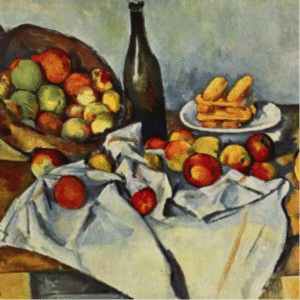by Katie Klos, Class Five Teacher
“And it is my prayer that your love may abound more and more, with knowledge and all discernment, so that you may approve what is excellent, and so be pure and blameless for the day of Christ, filled with the fruit of righteousness that comes through Jesus Christ, to the glory and praise of God.”
—Philippians 1:9-11
This summer my small group worked on memorizing Philippians, and I was struck by the congruence of 1:9-11 with the goals of a Clapham education. Our goal as educators is to train students’ affections by exposing them to good and lovely things so that they love rightly and honor Christ. The idea is that, as students are exposed to things that are good and beautiful (well-written literature, admirable characters and historical figures, beautiful artwork, excellent rhetoric, the intricate bodies of insects, etc.), they will grow in their “knowledge and discernment.” In other words, they will develop a taste for things that are worth loving.
Paul makes what may seem like a logical jump to us at first glance: that this ability to love what is good (or “approve what is excellent”) will result in our sanctification, causing us to be “pure and blameless for the day of Christ, filled with the fruit of righteousness that comes through Jesus Christ.” What does what we love have to do with our sanctification? Can admiring a painting by Cezanne make us holy? Can striving to speak clearly and expressively during a recitation make us pure?
Yes. Part of Paul’s logic, which he doesn’t make clear, is that, when we love some lovely aspect of creation, we love it precisely because of its unfallen aspects, because it reflects God to us, or because it shows how the world was meant to be. While our world has been affected by sin and the Fall, it was also created as an outpouring of God’s genius and character. He pronounced it good, and much of that goodness remains even after the Fall. When we learn to love the good things He has made, even if we aren’t directly making the connection between the goodness of the thing and its Creator, we are actually learning to love God more, which will always lead to our sanctification, causing us to bear “the fruit of righteousness.”

